Jakarta, MINA – The Ministry of Health stated that so far no cases of monkeypox have been detected in Indonesia. It is known, the World Health Organization (WHO) declared the monkeypox outbreak an extraordinary situation that now qualifies as a global emergency.
“Until now there have been no cases (of monkeypox),” said Ministry of Health spokesman Mohammad Syahril to Republika on Sunday.
Even so, his party is tightening at the entrance of the country, such as at the port health office (KKP) and airports. The outbreak is reported to have spread to more than 70 countries.
Syahril explained, monkeypox was first discovered in monkeys in 1958, while the first case in humans occurred in 1970 in the African region which eventually became an endemic disease in that country.
Also Read: UAR Deploys 14 Volunteers to Aceh for Search, Rescue and Humanitarian Response
“Endemic means that the disease is present in that country, but not many. There are Nigeria, Congo, there are about 10 (endemic) countries. Since last May (monkeypox) it has spread to non-endemic countries in Europe, America, including Asia and Singapore,” he explained.
The incubation period for the monkeypox virus is five to 13 days, or five to 21 days. The incubation period for monkeypox is as follows:
First, the invasion period is between zero and five days. There is a high fever, severe headache, and a lump or enlarged lymph node in the neck, armpit, or groin. Second, the eruption period occurs between one and three days after the fever, which is accompanied by the appearance of rashes on the skin, face, palms, feet, mucosa, genitals, and mucous membranes of the eyes.
In the eruption phase or the most infectious phase, the occurrence of rashes or lesions on the skin usually starts from the face and then spreads to other parts of the body. Lesions appear gradually, ranging from red spots such as maculopapular pox, blisters filled with clear fluid (blisters), blisters filled with pus (pustules), which harden or scab and then fall off.
Also Read: BNPB Deploys Aircraft to Deliver Emergency Aid to Flood-Hit Areas in Aceh
“It (monkeypox), it’s not serious and it heals on its own, after 28 days after the incubation period is over it will dry and peel and he’s back to health again, the only problem is that if he’s old and has comorbidities, you have to be careful,” said Syahril.
Syahril also asked that those with symptoms, especially foreign travelers (PPLN) need to carry out a thorough examination to determine the cause.
“Yes (screening if there are symptoms) the same if there is a history of him from the Congo it turns out that he has fever, has a headache, then there is a lump to watch out for and that hasn’t been contagious, it’s called the invasion period then the eruption period is contagious,” said Syahril .
In detecting monkeypox early, the government has also prepared two laboratories including the Central Laboratory for the Study of Primates, the Institute for Research and Community Service (LPPM), Bogor Agricultural University (IPB), and the Infectious Disease Research Laboratory Prof Sri Oemiyati, the Health Development Policy Agency (BKPK). ) Jakarta.
Also Read: MER-C Medan Deploys Medical Team to Support Flood Victims in Sumatra
In addition, the public is also advised to discipline health protocols by avoiding crowds, washing hands with soap, wearing masks, and practicing clean and healthy lifestyles. (T/RE1)
Mi’raj News Agency (MINA)
Also Read: 174 Dead, 79 Missing in Hydrometeorological Disasters in Indonesia






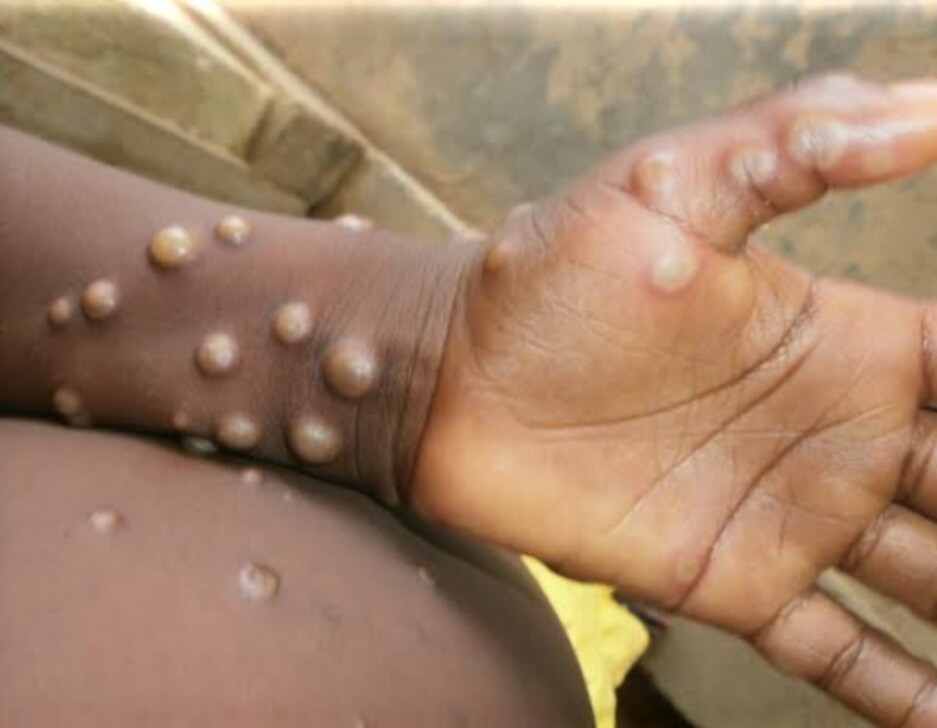







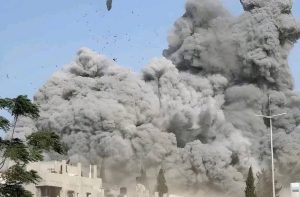

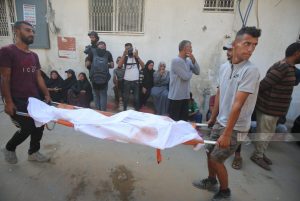

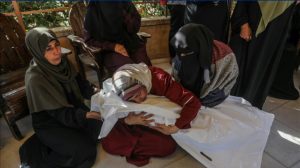
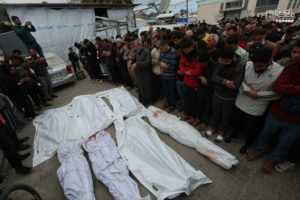








 Mina Indonesia
Mina Indonesia Mina Arabic
Mina Arabic